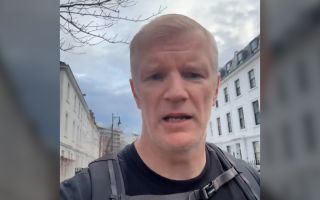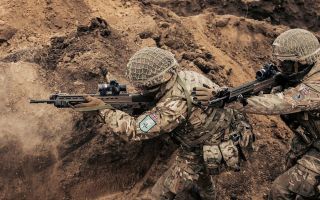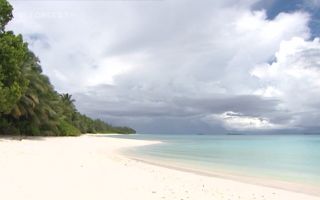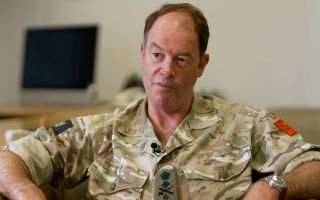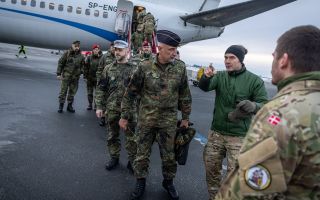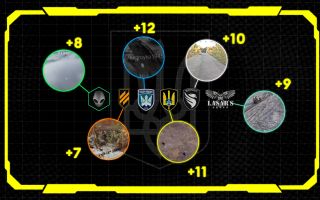British West Indies Regiment finally honoured after a century of silence
Military veterans have undertaken an 18-hour pilgrimage to Belgium to unveil a plaque honouring the 15,600 West Indian soldiers who served during the First World War.
Until now, no mention had been made of the service of thousands of soldiers from the British West Indies Regiment at St George's Memorial Church in Ypres – on the land where so many fought and 1,500 members of the regiment lost their lives during the conflict.
Almost 100 soldiers, veterans, musicians, faith leaders and community champions travelled to the church to unveil the plaque in honour of their sacrifice, including the British Army's highest-ranking black officer, Brigadier Karl Harris, and the first black colonel, Andy Allen.
Annette Erskine, a former lance corporal in the Women's Royal Army Corps, said: "It's just an amazing feeling, it really is. It really is.
"What we're doing is we're going to be there on behalf of these veterans' family members who couldn't be here. It's such a privilege and an honour to be able to do that."
Former staff sergeant Elaine Osborne said: "For me personally, I think it's the sense of identifying with people who look like me that served like I did."
The British West India Regiments Heritage Trust unveiled the plaque, which is the first of its kind.
It reads: "In memory of the West Indian men who served and sacrificed their lives on the Western Front in World War One.
"The British West Indies Regiment 1915-1921. They answered the call."
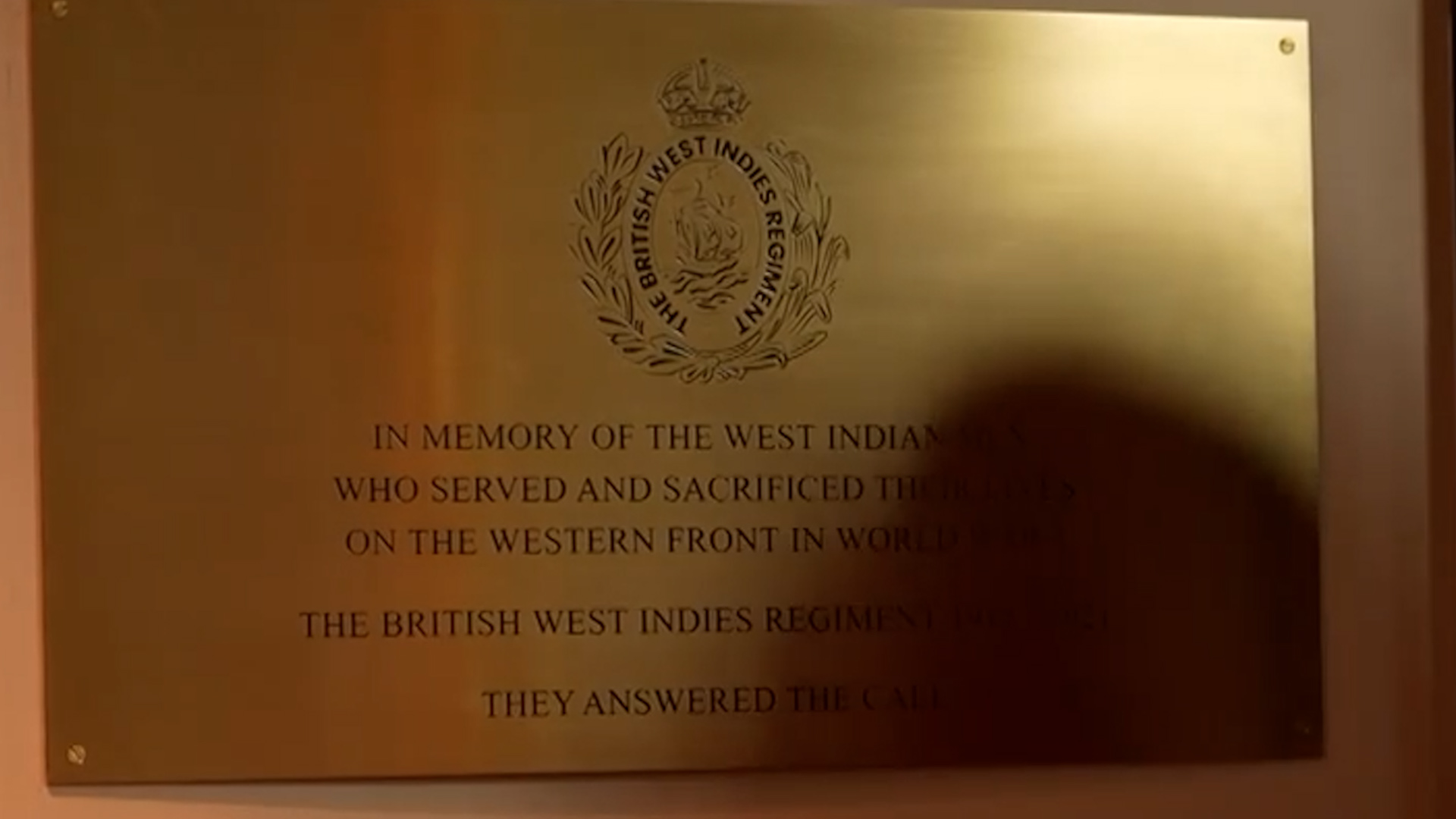
At the beginning of the First World War, black soldiers were prevented from joining the British Army.
However, as the conflict progressed, King George V ordered the War Office to begin enlisting black recruits from the Caribbean.
They eventually became the British West Indies Regiment, made up of 11 battalions.
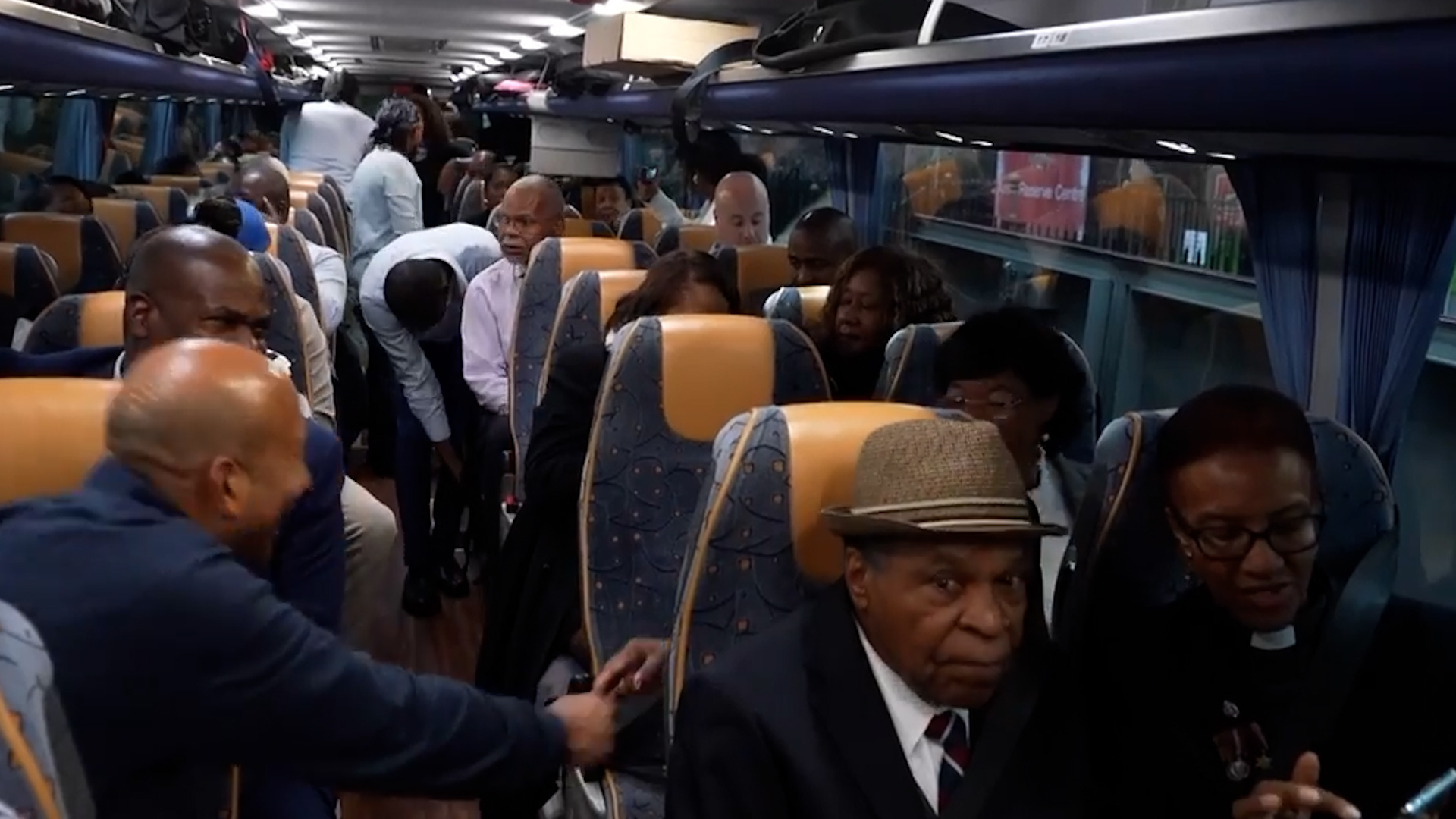
Colonel (Ret'd) Allen said: "I spent 30 years in the British Army, and I never realised the heritage that is there at Ypres.
"We're talking about soldiers who came from the Caribbean to fight for the King, who actually didn't even know about Great Britain.
"But they are a part of the British Empire and wanted to do their bit."

